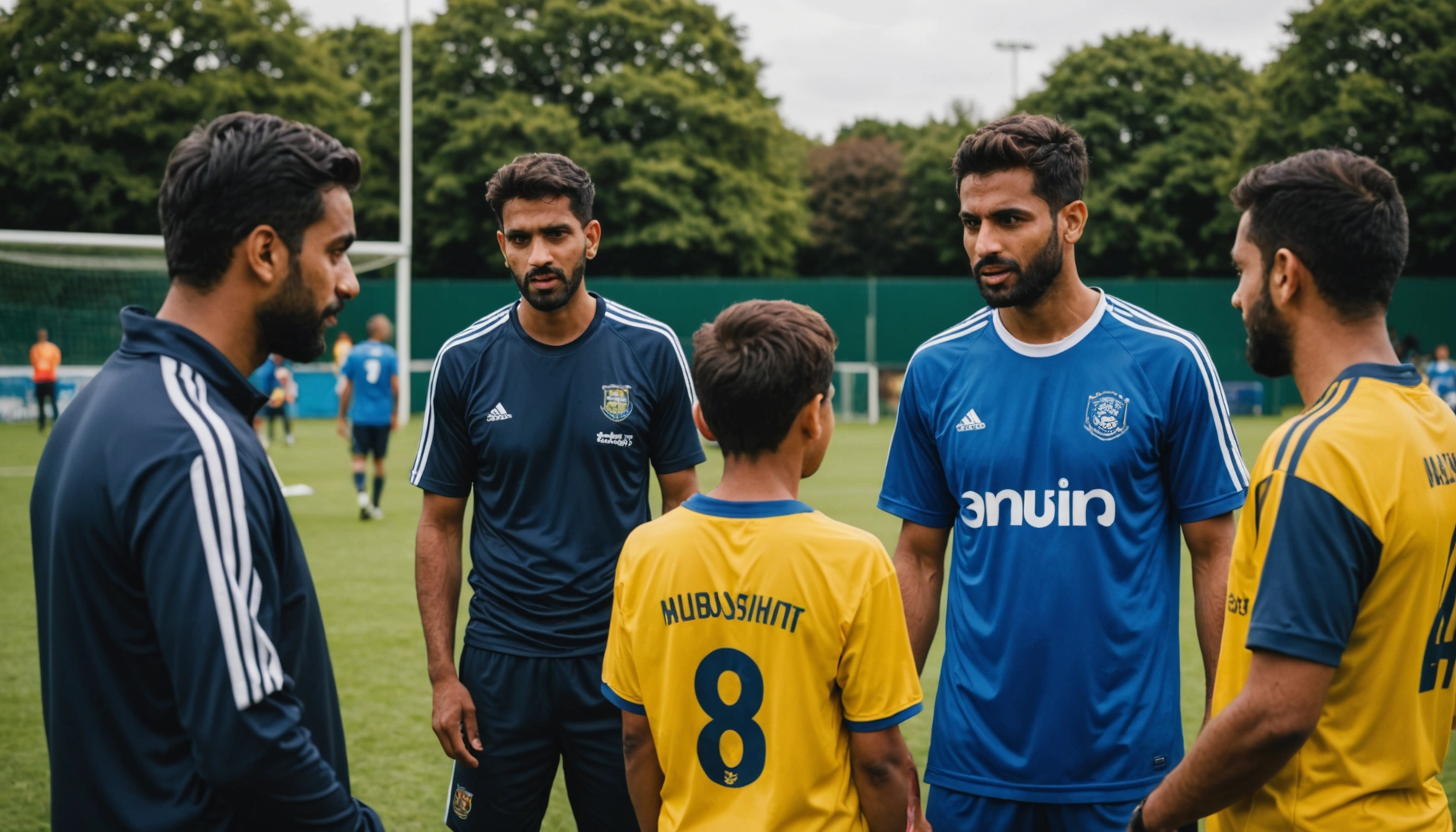Crystal Palace scout’s comments spark backlash over South Asian stereotypes
Kick It Out chair condemns Crystal Palace scout’s comments on South Asian families as lazy racist stereotyping, calling for urgent action in football inclusion.

By Editorial
Introduction to the controversy surrounding Crystal Palace scout's remarks
In early 2024, a wave of criticism erupted following controversial comments made by Michael Verguizas, the lead pre-academy scout at Crystal Palace FC. Verguizas posted on LinkedIn that South Asian families prioritise education and cricket over football, suggesting a cultural disinterest in the sport. These remarks were swiftly labelled as "lazy racist stereotyping" by Sanjay Bhandari, chair of the anti-racism organisation Kick It Out and newly appointed MBE for services to sport.
Why the comments are damaging to British South Asian football participation
Bhandari’s response highlighted how Verguizas’ views ignore grassroots participation data that shows increasing involvement of British South Asians in football. Such stereotypes from someone with influence over the player pathway risk reinforcing outdated biases that limit opportunities for young talent. It raises a crucial question: how can football become truly inclusive if gatekeepers hold prejudiced views?
Data contradicting the stereotype
Research from multiple grassroots initiatives reveals that British South Asian youth participation in football has grown steadily over the past decade. For example, Sporting Equals and other organisations have reported a rise in engagement through community clubs and programmes. Despite this, representation at elite academy levels remains disproportionately low, often attributed to systemic barriers rather than cultural disinterest.
Voices from the football community responding to the issue
Several prominent figures joined the chorus of criticism. Dr Stefan Lawrence, an academic specialising in football inclusion, called the comments "nonsense" and urged the football community to do better. Former cricketer and campaigner Azeem Rafiq expressed his frustration on social media, highlighting how such attitudes shape the futures of South Asian children aspiring to football careers.
Kick It Out’s call for accountability
Sanjay Bhandari emphasised the rarity yet danger of such views being publicly expressed by someone in a scouting role. He stressed that while covert biases often go unchallenged, putting these stereotypes in writing reveals the urgent need for cultural change within football’s talent identification systems.
The wider issue of gatekeeping and representation in football
FA Council Member Yashmin Harun BEM pointed out the systemic nature of the problem, stating that gatekeepers with outdated views are major barriers to British South Asian inclusion. This echoes longstanding calls from community leaders and organisations to diversify scouting and coaching staff to reflect Britain’s multicultural population more accurately.
Examples of positive change and ongoing challenges
Some clubs have begun initiatives to improve South Asian representation, such as targeted outreach programmes and partnerships with local communities. However, the pace of change remains slow, and incidents like Verguizas’ comments remind us why persistent vigilance and proactive measures are necessary.
How football clubs and governing bodies can improve inclusion
- Implement unconscious bias training: For scouts, coaches, and decision-makers to recognise and challenge their own prejudices.
- Increase community engagement: Collaborate with South Asian organisations to promote football participation from a young age.
- Improve transparency in scouting: Clear criteria and accountability to ensure talent is assessed fairly.
- Promote role models: Highlight successful British South Asian footballers to inspire the next generation.
Conclusion: The way forward for British South Asian footballers
The backlash against Michael Verguizas’ comments reflects a broader struggle within English football to dismantle stereotypes and foster genuine inclusivity. As Sanjay Bhandari and other campaigners have shown, achieving equal representation requires confronting uncomfortable truths and actively reshaping the culture around talent identification.
By embracing data-driven approaches, engaging communities, and holding gatekeepers accountable, football can become a truly inclusive sport where young British South Asians have the same opportunities to shine. The future of the game depends on it.
Related topics
Editorial
Sports expert at SportsScoop
Specialist in sports analysis and journalism
Related articles
Want to read more?
Explore our comprehensive collection of sports articles and analysis, or contact us for more information.



